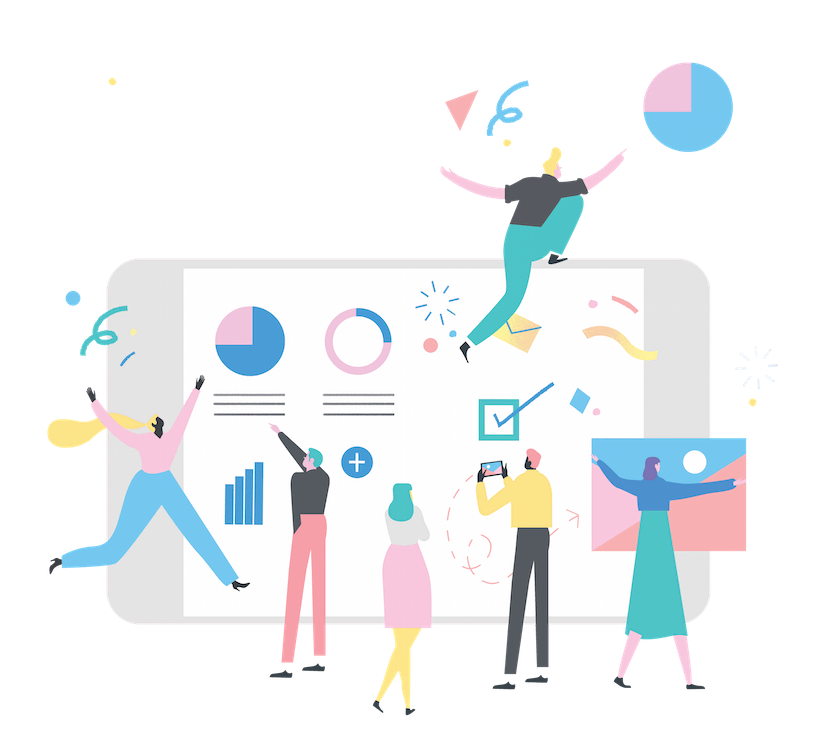Staff development has never been more important

Building skills in-house has never been more important
The business world is changing faster than ever, which means skills are going out of date faster too. The average shelf life of a skill is now less than 5 years, so if people want to keep up with the competition, they have to be ready to learn new skills, fast.
What this means for businesses is upskilling. Companies can’t continuously recruit new staff to fill their skills gap. In today’s competitive market, there’s not enough talent to go round, and the cost of recruiting new staff is far from cost-effective. The only way for businesses to stay on top of this pace of change is to retain and train their existing employees.
The good thing is employees want to learn. Training at work is no longer a chore – technology has made learning relevant, rewarding and instant. And staff today (especially millennials) are more motivated by the opportunity to learn new skills than by perks, swanky office space or even money. They know how crucial skills are for their career development and are desperate to learn, grow and keep up with their peers.
So if businesses need skills and staff want to learn, the solution is simple – businesses just need to find an effective, efficient way to upskill their workforce.
Next-gen workplace learning
Workplace learning isn’t about sending staff on week-long courses or sitting them in pointless training sessions. It’s got to be personalised, relevant, dynamic and efficient. Most work-based courses or qualifications can be completed remotely, so staff can train whenever they have time – either in the office, at home or on the bus. It also means staff can dip in and out of learning quickly and easily – when they have an idea, when they have a spare 5 minutes, or need to find an answer to a workplace problem.
This type of flexible workplace learning is called non-linear learning. Learners don’t have to follow a prescribed lesson plan – they can learn skills or record evidence when the opportunity crops up in the workplace. Non-linear learning gives learning context, so staff retain more of what they’ve learned.
This is the key to fast skills development. Employers who adopt a non-linear approach to learning develop the skills they need in an effective, efficient way.
For this type of non-linear learning to work, it’s got to be digital. Staff need a digital tool they can access quickly wherever they are and find the information they need instantly – whether through elearning content, bookmarked resources or anchored videos. Staff also need to be able to record learning reflections and evidence of learning instantly – so knowledge isn’t lost over time.
This means businesses not only need to invest in training for their staff – but also in digital tools to support non-linear learning. Without the right tools at their fingertips, staff won’t be able to learn skills in an agile way – and businesses won’t develop the skills they need.
OneFile’s learning software is ideal for all kinds of workplace training – and it supports non-linear learning.
Employees can learn on any device wherever they are. They can quickly log in to record a learning reflection or access some elearning content, and then get back to work as soon as they’re done.











Responses